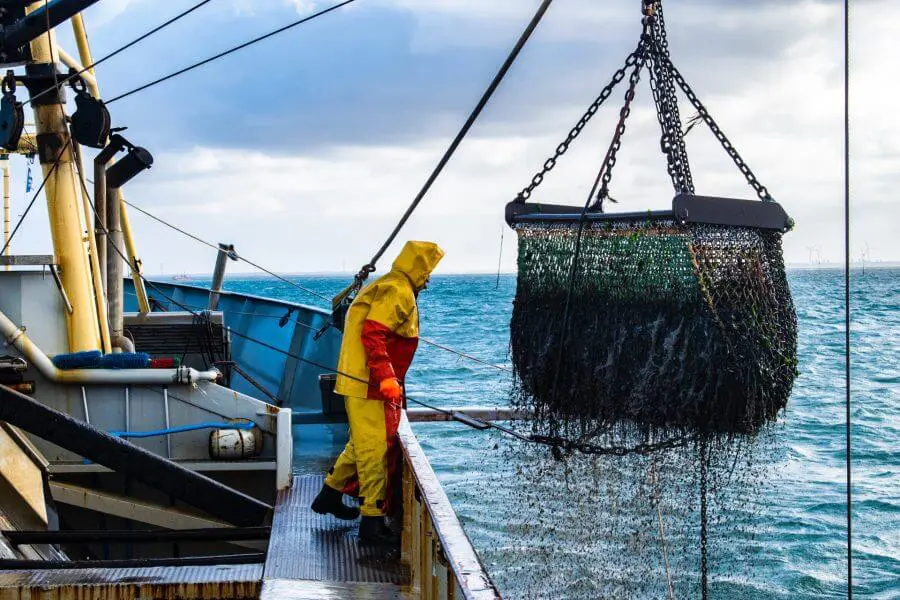BRUSSELS – The European Union and the United Kingdom are heading into the weekend on a “last attempt“ to clinch a post-Brexit trade deal, with EU fishing rights in British waters the most notable remaining obstacle to avoid a chaotic and costly changeover in the new year.
British Prime Minister Boris Johnson said Friday that the only way to get a deal is for the 27-nation bloc to compromise since “the U.K. has done a lot to try and help, and we hope that our EU friends will see sense and come to the table with something themselves.“
“That’s really where we are,” Johnson said, adding “no sensible government“ could agree to the EU demands as they stand.
EU chief negotiator Michel Barnier told the EU parliament both sides were in the “home straight of the negotiations,“ which have already come a long way in nine months of talks but are still short of a final compromise.
Barnier called it “a very serious and sombre situation“ if a deal falls through, with the jobs of hundreds of thousands of people at stake.
The European Parliament has set a Sunday night deadline for the talks since it still will have to approve any deal before Dec. 31, when a transition period following Britain’s Jan. 31 withdrawal from the EU will expire.
“It’s the moment of truth,“ Barnier said. “We have very little time remaining — just a few hours.”
A failure to reach a post-Brexit deal would lead to more chaos on the borders at the start of 2021 as new tariffs would add to other impediments to trade enacted by both sides. The talks have bogged down on two main issues over the past days — the EU’s access to U.K. fishing waters and assurances of fair competition between businesses.
“We have reached the hard nuts to crack,” Barnier said.
Johnson has made fisheries and U.K. control over its waters a key demand in the long saga of Britain’s departure from the EU.
Barmier said the EU understood and respected the U.K’s. desire to rule its own waves, but said that “a credible period of adjustment” had to be given, if EU boats are to be kicked out of British waters despite centuries of tradition of sharing them.
On top of that, the more London denies access to its waters, the more the EU can impose duties and tariffs.
“The European Union also has to maintain its sovereign right to react or to compensate,” Barnier said, highlighting that the U.K. seafood industry is extremely dependent on exports to the 27-nation bloc.







